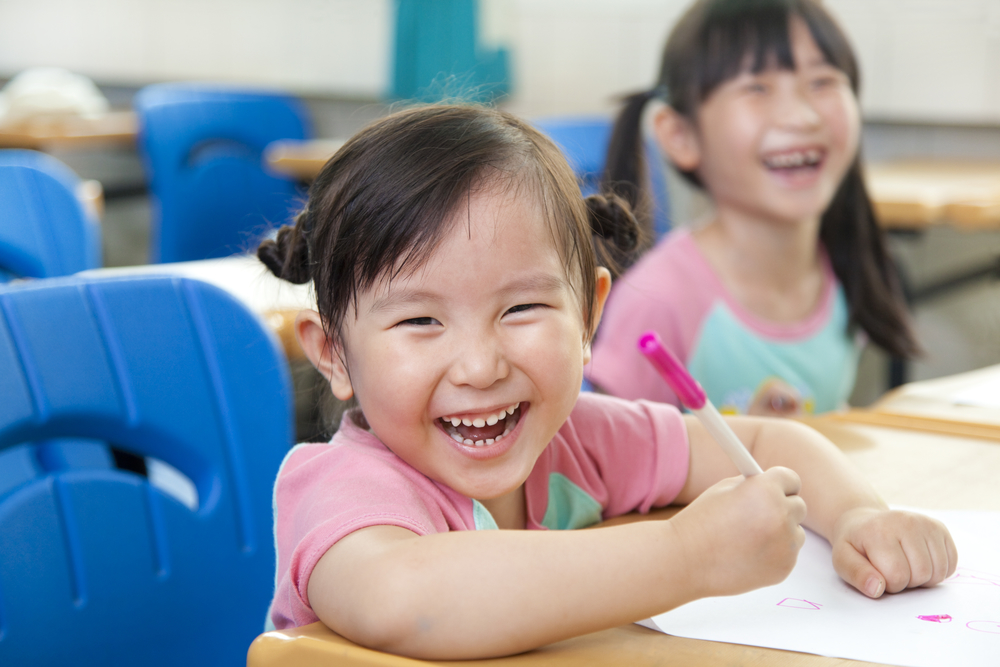
Entering primary school is an exciting phase for your 6-year-old as he/she enters “the BIG” school. There is a list of things to know before they enter primary 1.
To prepare your child for this milestone transition from preschool to primary school, here are some of the primary 1 skills you can your child gain during their last year in kindergarten.
1. Reading, Writing & Numeracy Skills –
In kindergarten, your child would have acquired basic reading, writing and numeracy skills. These essential study skills form the foundation of their education bedrock. The stronger the foundation, the easier their learning journey will be.
How can parents help:
Inculcate a love for reading by reading frequently to or with your child. Invest in pencils with good grips and take the time to make sure your child has the correct form when holding the pencil. This will help ensure good penmanship as well as good writing habits from the start.
2. The Numbers Game
Numbers are everywhere. From buying food from the canteen to telling time to go to school or head back to class when recess is over, your child needs to know how to count and how to tell the time.
How can parents help:
Play games with your preschooler to help them practice and pick up numeracy concepts like addition and subtraction, telling time and understanding schedules. Give them opportunities to practice “buying” things in simulated environments or real-life situations.
Ask them for the time before their allotted tasks eg. mealtimes, bedtime or shower time. Knowing how to tell the time and understanding schedules will help them adapt to the schedules in primary school.
3. Ability to Follow Instructions
One of the essential primary one skills that many kindergarteners have to acquire is the ability to understand what rules are and know to follow them. They need to sit still in class to listen to the teachers, stand in line with their “queue partners”, raise their hands if they have questions in class and know the proper way to wear their uniforms.
How can parents help:
Help your child understand what are the rules in school and the reason for implementing them. Encourage them to follow instructions from the school teachers and heap them with praises when they are successful. Talk to your child about the need to practice good manners when queueing to buy food in the canteen or the necessity to NOT run while carrying hot food. Thereafter, reinforce with practice and encouragement.
4. Organise and take care of their belongings
Primary one students are known to misplace their belongings. Do not be surprised if water bottles and stationery go missing during the first year at primary school.
How can parents help:
Label all your child’s belongings from the pencils to the schoolbag. Teach your child to be mindful of their belongings with regular reminders. Lift their spirits when they lose a belonging and be encouraging in their learning process. Show them how to organise their books, bags and belongings. Demonstrate by being a good example to them.
5. Asking for permission to go to the toilet
This is one of the essential things to know before primary 1 that is often an oversight by parents because their kids are usually toilet trained by this point. However, being in a big class or new school environment can be scary for your child.
How can parents help:
Talk to your child about the bigger school or new class environment and the necessity to have toilet breaks. Instruct or coach your child on how to ask the teacher for permission to go to the toilet.
6. Social Skills – Communication and Making Friends
In primary school, your preschooler will be placed in a class of up to 40 students. Class discussion in such a large group can be intimidating for your young child. Making friends can also be a daunting task if your child is shy or an introvert by nature.
How can parents help:
Over family meals, engage your child in conversations. Teach your child to listen to others and learn when they can speak up in a group setting. Encourage them to make eye contact, speak clearly and manage their voice tone and volume during discussions. Slowly enlarge the group to include extended family like grandparents, uncles and even their friends. This will help assimilate the group discussion settings they might face in primary school.
Foster a friendly attitude in your child. For example, when your child is at the playground or indoor play area, encourage them to share their toys or play with “friends”. Praise their efforts to make friends and/or friendly gestures. This will support their social skills to be collaborative and engaging with others.























